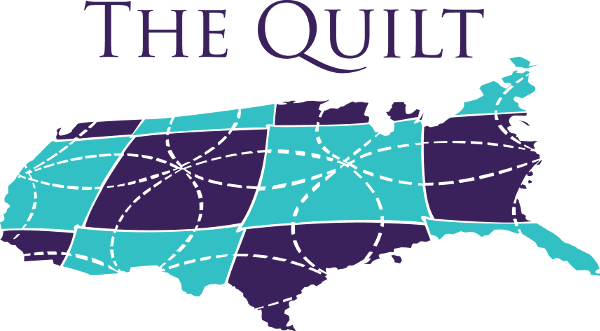
The first National Research Platform (NRP) Workshop is happening next month and The Quilt is excited and looking forward to discussing and learning more about our potential role in developing a national big data superhighway.
The NRP workshop will be held at Montana State University in Bozeman, Montana on Aug. 7 and Aug. 8. The purpose is to bring together representatives from interested institutions to discuss implementation strategies for deployment of interoperable Science DMZs at a national scale. This workshop is sponsored by the National Science Foundation through the Pacific Research Platform and Montana State University, and CENIC.
The National Science Foundation funded a 5-year cooperative agreement for the Pacific Research Platform (PRP) to improve the end-to-end, high-speed networking data transfer capabilities in collaborative, big-data science among 20 institutions. As part of the PRP cooperative agreement, NSF requires that the ensemble of PRP technologies be extensible across other scientific domains and to other regional and national networks. In response to this requirement, the NRP Workshop will solicit input from many multi-state networking organizations (Internet2, The Quilt, ESnet and others) on how the PRP model might further blossom.
Sessions will be devoted to science-driver application researchers describing their needs for high-speed data transfer, including their successes and frustrations. Discussions will focus on requirements from the domain scientists and the networking architecture, policies, tools and security necessary to deploy a 200-institution National Research Platform. All participants will be encouraged to ask questions and share their thoughts during these discussions. View the impressive line-up of speakers and experts.
The NRP is committed to facilitating the necessary social engineering among a diverse group of science, R&E network and IT leaders as well as provide proven end-to-end networking. An effective national partnership will need cyberinfrastructure experts working with scientists at their interface and understanding the desired scientific outcomes, rather than viewing the technology as an end to itself. Identifying common functionality that can be leveraged between science applications to make the NRP partnership more efficient and effective and prioritize high-performance access to supercomputer centers is key.
Registration has closed as the event is at capacity. For information about future workshops or the latest PRP research, please join the PRP listserv. Any other questions, visit the FAQ section on the event website.
